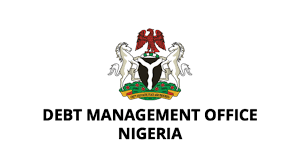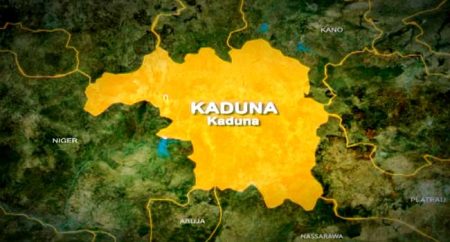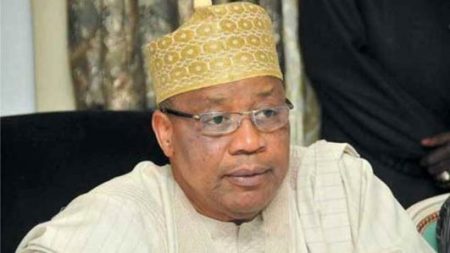Nigeria’s oil production has finally reached the quota set by OPEC, marking a significant milestone for the country’s petroleum industry. After years of struggling to meet its production targets due to persistent challenges such as crude oil theft, pipeline vandalism, and operational inefficiencies, Nigeria recorded an average daily crude oil production of 1,538,697 barrels in January 2025, surpassing the 1.5 million barrels per day (mbpd) quota allocated by OPEC. This achievement signals a positive shift in the nation’s oil sector, which has been grappling with underperformance for an extended period. The January production figures represent a notable increase from the 1.4 mbpd recorded in December 2024 and indicate the effectiveness of recent government interventions and regulatory initiatives aimed at bolstering oil production.
The surge in oil production comes after sustained efforts by the Nigerian government to address the challenges plaguing the sector. The Nigerian Upstream Petroleum Regulatory Commission (NUPRC) has played a crucial role in implementing strategies to curb crude oil theft and pipeline vandalism, which have historically hampered production levels. The government’s focus on enhancing security measures around oil installations and pipelines, coupled with stricter regulations and monitoring, has contributed to the recent upswing in output. The NUPRC’s proactive approach, as outlined in its regulatory action plan released in January 2025, underscores the commitment to achieving sustainable growth in oil production. This growth is critical not only for meeting OPEC quotas but also for generating much-needed revenue for the Nigerian economy.
While Nigeria’s January crude oil production exceeded the OPEC quota, the overall oil production, including condensate, reached 1.74 mbpd, still falling short of the NUPRC’s 2 mbpd target for the year. Condensate, a lighter form of hydrocarbon liquid, is often produced alongside crude oil. The NUPRC’s data reveals that the daily average production in January, encompassing both crude oil and condensate, was 1,737,480 barrels per day. Although the inclusion of condensate boosts the overall production figures, the focus remains on increasing crude oil output to meet the OPEC quota consistently and contribute significantly to the national revenue target of N15 trillion set by the commission. The NUPRC’s commitment to this target highlights the importance of maximizing oil production to bolster the Nigerian economy.
The Nigerian government has expressed optimism about further increasing oil production in the coming months. Heineken Lokpobiri, the Minister of State for Petroleum Resources (Oil), expressed confidence in achieving a production target of 3 mbpd, encompassing both crude and condensate. This ambitious target reflects the government’s drive to revitalize the oil sector and capitalize on the global demand for oil. Lokpobiri’s assertion that Nigeria can achieve this target without breaching OPEC regulations signifies a strategic approach to boosting production while maintaining compliance with international agreements. The minister’s emphasis on separating condensate from crude oil in storage terminals suggests a focus on optimizing production processes and maximizing the value of each hydrocarbon stream.
The government’s strategy for achieving higher production levels draws inspiration from the “Drill, baby, drill” slogan popularized by former US President Donald Trump. This approach emphasizes increased exploration and drilling activities to tap into untapped oil reserves and boost overall output. Lokpobiri highlighted the significant progress made in increasing oil production, noting an 80% increase from the initial 1 mbpd. This achievement underscores the effectiveness of the adopted strategies and reinforces the government’s determination to further enhance production capacity. The minister’s comments indicate a collaborative approach involving both local and international stakeholders to achieve the ambitious production targets.
Nigeria’s success in meeting its OPEC quota in January 2025 marks a pivotal moment for the country’s oil industry. The increased production signifies the effectiveness of government initiatives and regulatory actions aimed at tackling the challenges of crude oil theft, pipeline vandalism, and operational inefficiencies. The government’s ambitious target of 3 mbpd, encompassing both crude and condensate, reflects a strong commitment to maximizing oil production and leveraging its potential for economic growth. While the inclusion of condensate contributes to the overall production figures, the focus remains on consistently meeting OPEC’s crude oil quota and contributing to the NUPRC’s revenue target. The government’s proactive stance and collaborative approach, involving both domestic and international players, are instrumental in driving the growth of the oil sector and securing Nigeria’s position as a major oil producer.












